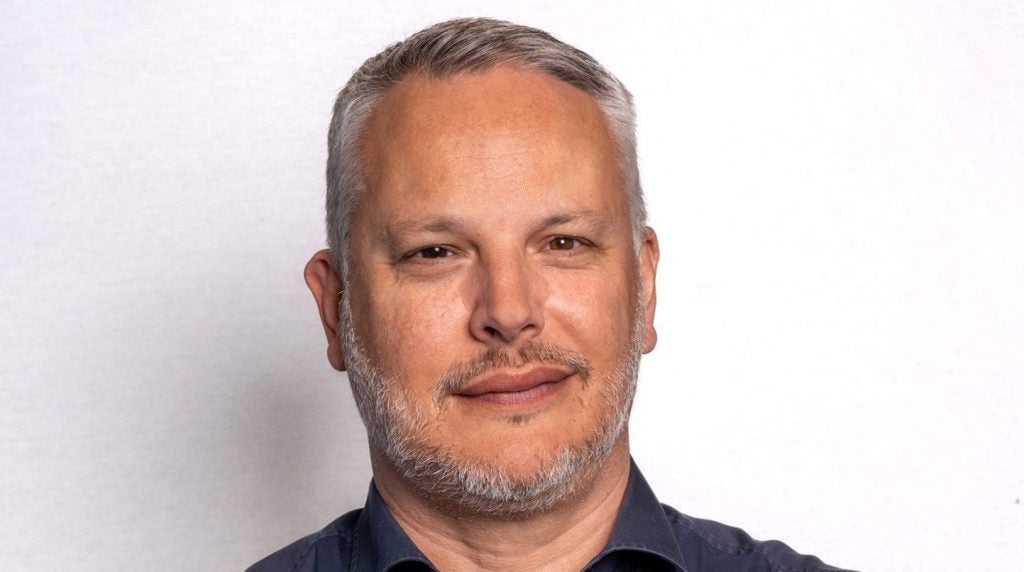As an MP calls for lessors to support
the UK recycling sector, Fred Crawley asks whether banks can afford
to take a risk on green asset residuals
A recycling company in Kent has
finally secured funding for new machinery from Barclays Bank,
prompting fresh political pressure on funders to finance assets in
the green sector.
The machine is a furnace worth £800,000
(€919,000) which extracts lead from the screens of discarded
television sets.
Its prospective buyer, Sweeep, had been
recycling electronic waste for 25 years, and wished to expand its
operation to recycle the glass screens from the 4,000 televisions
it processes daily.
Sweeep had already secured funding through
Barclays for £500,000-worth of crushing and sorting machinery – a
deal agreed quickly due to the good resale prospects of the
plant.
How well do you really know your competitors?
Access the most comprehensive Company Profiles on the market, powered by GlobalData. Save hours of research. Gain competitive edge.

Thank you!
Your download email will arrive shortly
Not ready to buy yet? Download a free sample
We are confident about the unique quality of our Company Profiles. However, we want you to make the most beneficial decision for your business, so we offer a free sample that you can download by submitting the below form
By GlobalDataBarclays hesitated in funding the lead
extraction furnace, however, due to the unique nature of the asset
and the potential difficulty involved in relocating it in the event
of a business failure.
Sweeep co-founder Pam Watts said she
understood the difficulty behind the funding decision, agreeing it
was “difficult to see a residual value in the plant”.
Financial strength
However, she felt the financial strength of
her company, along with its spotless 25-year business banking
relationship with Barclays, justified investment.
In response to questions from The Daily
Telegraph newspaper, the bank said it was “exploring all possible
options” for the deal, adding: “We are working through options with
Sweeep including asset-based lending and an Enterprise Finance
Guarantee loan to try and find a way forward.”
For most of January, Barclays procrastinated.
As this article was going to press, however, reports indicated
Barclays appeared to be coming to a positive conclusion for
Sweeep.
Speaking exclusively to Leasing Life, local
Labour MP for Sittingbourne and Sheppey, Derek Wyatt, said: “What
is happening at Sweeep in Sittingbourne is very exciting.
“The future is not about the economy and the
environment in conflict, it is about the economy adapting and
developing in response to environmental sustainability. It is so
important our financial sectors respond to the capital investment
needs of companies such as Sweeep.”
 Barclays’ underwriting
Barclays’ underwriting
dilemma was completely understandable to any lessor, bringing up
the old question: How important is the security of the asset,
compared to the financial health of the lessee, when making an
underwriting decision?
The asset director for a long-established
independent UK lessor, who wished to remain anony-mous, said he
condoned Barclays’ hesitation in funding the deal.
“For any lender looking at this deal, the
major question has to be, ‘What can I get for this asset if I can’t
uplift it and sell it elsewhere’,” the director said.
“Even if the business is returning good
accounts, consideration of the asset has to come first. Without
adequate securities, it could be a greater risk than is
sensible.”
However, Watts said: “This is where lending
has to look beyond security. In our business plan for this glass
plant, we have clearly demonstrated the opportunity and revenues
that are to come. We can service the debt, and have never failed or
defaulted in 25 years of banking with Barclays.”
Sweeep is about to publish accounts for the
year to 31 December 2009, and expects to report a net profit of
£850,000 on a £5 million turnover. This comes after a net profit
figure of £150,000 for 2008.
Sweep has £2 million in outstanding debt,
however, due to the investment costs involved in starting up its
waste electronics recycling operation.
Long-term investment
Speaking to the Telegraph in January, Barclays
said: “In cases such as this, where taking on more debt is becoming
increasingly risky for the size of the business, many clients we
work with will instead seek out new, long-term investment, as it
spreads the risk and takes the focus away from servicing
loans.”
The fact remains: any decision to underwrite
highly specialised plant with an unknown residual value is not
going to be made lightly. But the green sector at least seems to be
one area where both business customers and politicians alike would
like to see funders take a little more risk.
“If Barclays were to confirm the loan, my
belief in the capability of asset finance to promote capital
investment in the renewables sector would be significantly
reinforced” said Watts, before the bank’s decision.
“If the UK is to take advantage of this green
revolution, and have a share in the manufacturing, employment and
research and development opportunities it will bring, then it needs
investment capital to get on with the job.”







